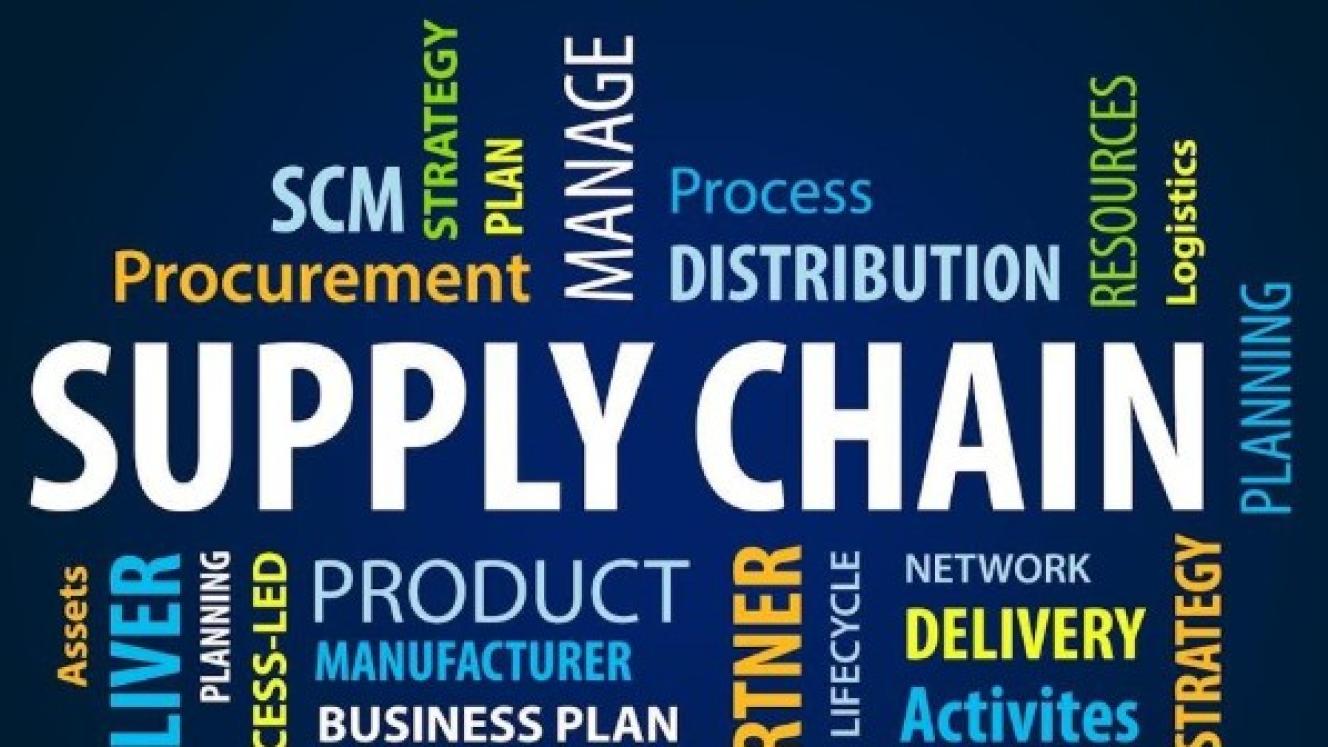As many as 43% of small and medium-sized businesses (SMMEs) that halted imports in April are now expediting shipments, creating a compressed early peak season likely to cause congestion over the summer, ocean cargo analysis platform Freightos reports.
A survey, conducted between May 14 and 17 among more than 100 US SMME importers, reveals that 42% still rate the impact of tariffs at the maximum severity of 10 out of 10, down from 60% in April.
Despite a 90-day delay in tariff implementation following the China–US trade deal, importer concerns remain largely unchanged.
Small importers continue to feel deeply anxious, adjusting behaviours such as altering shipment timings or even considering winding down their businesses. While some are exploring domestic manufacturing options, very few have made actual changes so far. Additionally, shipment delays caused by tariffs have created significant supply gaps that importers are struggling to fill.
Key sentiments from respondents included one respondent saying they were unable to import goods and that a 30% tariff remained too high for a small business.
Another described the situation as an existential threat to the viability of their business.
A further comment noted that expenses had surged and that they had incurred losses on some deals due to tariffs, adding that they would be fortunate to break even this year.
One business reported being unable to plan ahead, citing daily changes and confusion that made it impossible to predict what would happen next or how to price their goods.
Another said they had discontinued imports for the remainder of the year after paying 145% on their last shipment, and that it was likely their business would not survive.
Interestingly, the tariff impact has yet to affect consumer spending significantly. Businesses expect Memorial Day sales in the US to remain mostly intact, with an average disruption score of 4.3 out of 10 and only 20% rating the disruption as 7 or higher.
One of the stated aims of the tariffs was to shift US sourcing patterns. While supply chain changes can be protracted, small businesses tend to be more agile and capable of adapting quickly.
However, only 30% of businesses are considering changing their sourcing, and 6% have actually done so. Overall, the tone among SMMEs has shifted from panic to exhaustion.
Additional context from recent studies supports these findings. A report by Bank of America said most small businesses were holding ample inventories, leading to a cautious approach to importing and hiring. The surge in imports earlier in 2025 was largely offset by consumers buying ahead to avoid higher prices, resulting in restrained stocking among retailers.













